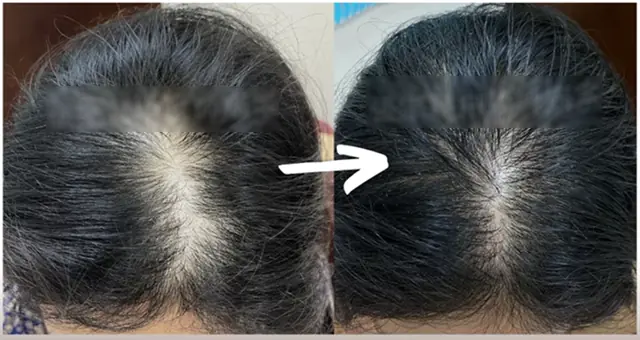
Should You Turn Off the Air Conditioner When Leaving for 30 Minutes?
Should You Turn Off the Air Conditioner When Leaving for 30 Minutes? The Answer Isn’t as Simple as It Seems
Air conditioners are widely used during summer, offering faster and more efficient cooling than fans. While they seem easy to operate—just switch on/off or adjust settings via remote—many people unknowingly misuse their ACs, especially when it comes to turning the unit off and on.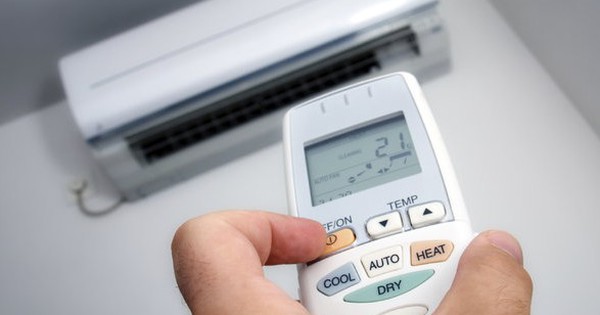
A common question is:
If your room is already cooled and you need to leave for just 20–30 minutes, should you turn off the air conditioner to save electricity, or keep it running to maintain a comfortable temperature?
Here’s what experts say:
Expert Advice
According to manufacturers, if you're only leaving the room for a short period (under 1 hour), you should NOT turn off the air conditioner, especially if you’re using an inverter AC.
Why not?
Experts explain that every time you restart your air conditioner, it needs to operate at maximum power to quickly bring the room back to the set temperature.
This startup phase is when the AC consumes the most electricity.
Research shows that during startup, an AC can use up to three times more energy than it does during normal operation.
Aside from wasting electricity, frequently turning the AC off and on in short intervals can shorten the device’s lifespan, especially affecting the compressor and motor systems. In extreme cases, it may even cause short circuits or equipment failure.
What’s the Best Practice?
If you're stepping out for less than an hour and plan to continue using the AC upon return, but still want to save energy:
-
Raise the AC temperature to around 28°C (82°F)
-
Lower the fan speed
This allows the unit to operate at low power, minimizing energy waste while keeping the room cool.
However, if you plan to be out for more than an hour, it’s best to:
-
Turn off the circuit breaker (or unplug the unit)
This saves energy and prevents potential damage during long periods of non-use.
When Should You Leave After Turning Off the AC?
Another often-overlooked detail: how soon should you leave the room after turning off the AC?
Many people have the habit of switching off the AC and immediately stepping outside—especially in the morning rush or midday heat.
But doing this can pose a health risk and reduce the effectiveness of your AC usage.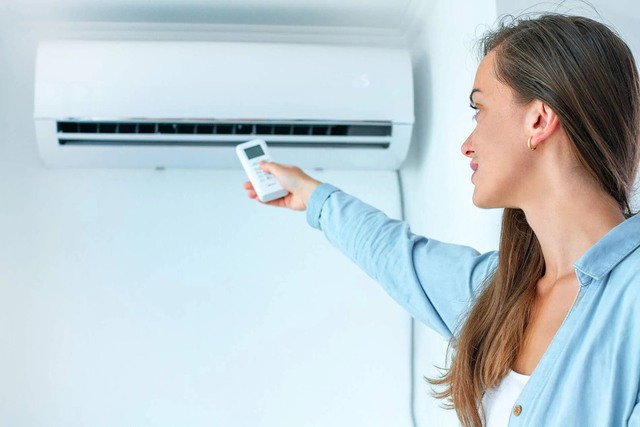
The Science Behind It
Medical experts warn that sudden temperature shifts can cause heat shock—a disruption in your body’s temperature regulation due to abrupt changes between cool indoor air and hot outdoor conditions.
When you're in an air-conditioned room, blood vessels near your skin constrict to conserve heat.
If you suddenly step into intense outdoor heat (often exceeding 37–40°C/99–104°F in summer), your body doesn't have enough time to adjust, potentially causing:
-
Dizziness
-
Light-headedness
-
Shortness of breath
-
Fatigue
-
Disorientation
-
In severe cases: fainting or even coma
How to Transition Safely from Cool to Hot Environments
To allow your body to adapt:
-
Turn off the AC 10–30 minutes before leaving
(Adjust based on room and outdoor temperature.) -
Open a window or door to gradually let warm air in
-
Wash your face or drink water to help hydrate and regulate body temperature
This gradual transition reduces the temperature gap between inside and outside, preventing sudden shocks to your system and helping you avoid issues like dry throat, nose discomfort, or heat exhaustion.
Bottom Line:
If you're leaving for a short time, don’t rush to turn off your air conditioner—it may cost more energy and reduce the unit’s lifespan.
And if you're stepping outside from a cooled room, give your body a little time to adjust. It’s a simple step that can make a big difference to both your health and your energy bill.
News in the same category


Food contains more than a thousand microplastic particles, 45 times more than bottled water

Why can't men and women agree on the air conditioning temperature?

Priceless Traditional Formula That Neutralizes Venom Quickly and Effectively

These 3 Types of Fish Should Be Eaten Sparingly

Here’s why smart people leave a glass of water by their bed every night

Common Veggies Linked to Cancer Risk — Experts Urge Immediate Caution

Wild leaves, used to make tea, make diabetes and high blood pressure "terrify"

Bacteria levels exceed the standard by 600 times! Don't use this hand sanitizer!
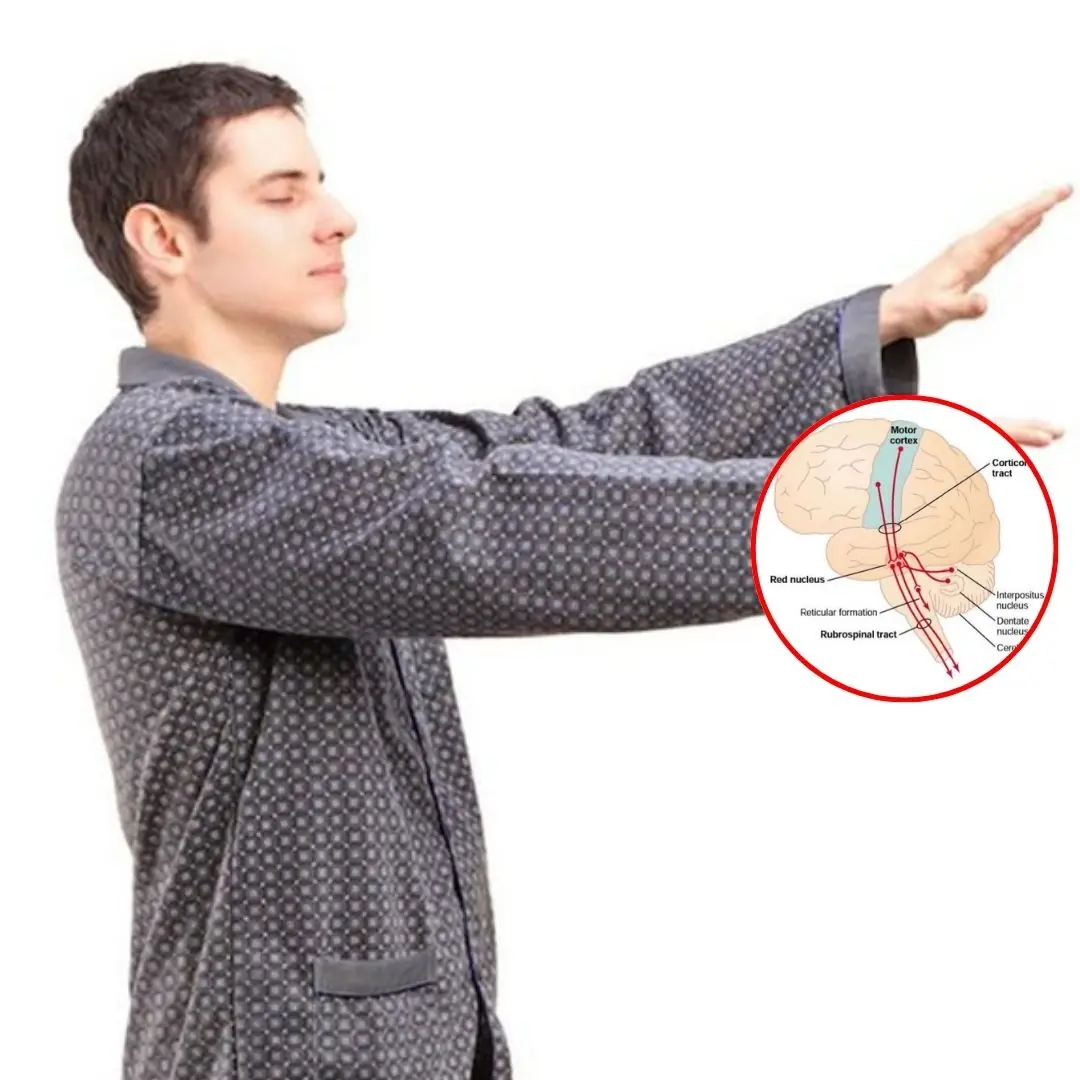
Sleepwalking and the scientific explanation for the phenomenon that occurs in 4% of adults

9 “Clean” Habits That Are Actually Super Unhygienic

Experts Reveal: The Real Carb Bomb Isn’t White Rice

Helped Uncle Treat Can.cer but Received a Mysterious Bag in Return

Woman drank 8 limes daily to detox—paid the price for trusting social media advice

Is Eating Soft-Boiled Eggs More Beneficial Than Fully Cooked Eggs?

10 Juicing Mistakes to Avoid at Home: Boost Your Health the Right Way
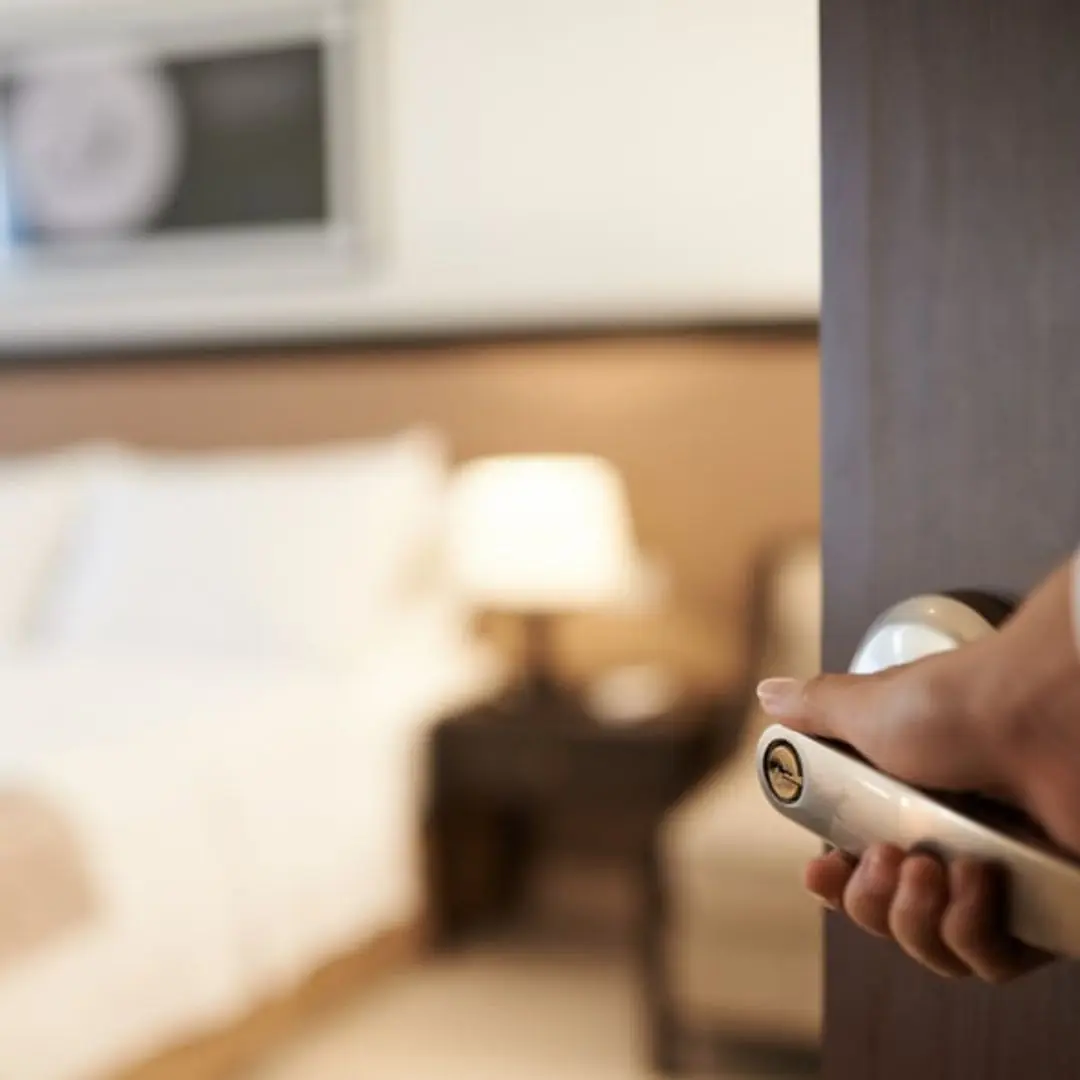
Why do hotels usually let guests check in at 2pm and check out at 12pm?

Drinking Perilla Leaf and Ginger Tea Is Better Than Any Tonic

Can the emergency exit door open while flying? — Little-known fact
News Post

To Prevent Hair Loss and Stimulate Hair Growth, Avoid These Habits

Be Careful: 6 Common Foods Become To.xic When Reheated

Food contains more than a thousand microplastic particles, 45 times more than bottled water

These 3 types of fish should be eaten sparingly, they can increase the risk of can.cer, don't buy them just because they are cheap!

Want Radiant, Hydrated, and Glowing Skin This Summer? Eat These 5 "Magical" Fruits

Want beautiful, smooth, and bright skin in the summer? Eat these 5 "miraculous" fruits right away!

Why can't men and women agree on the air conditioning temperature?
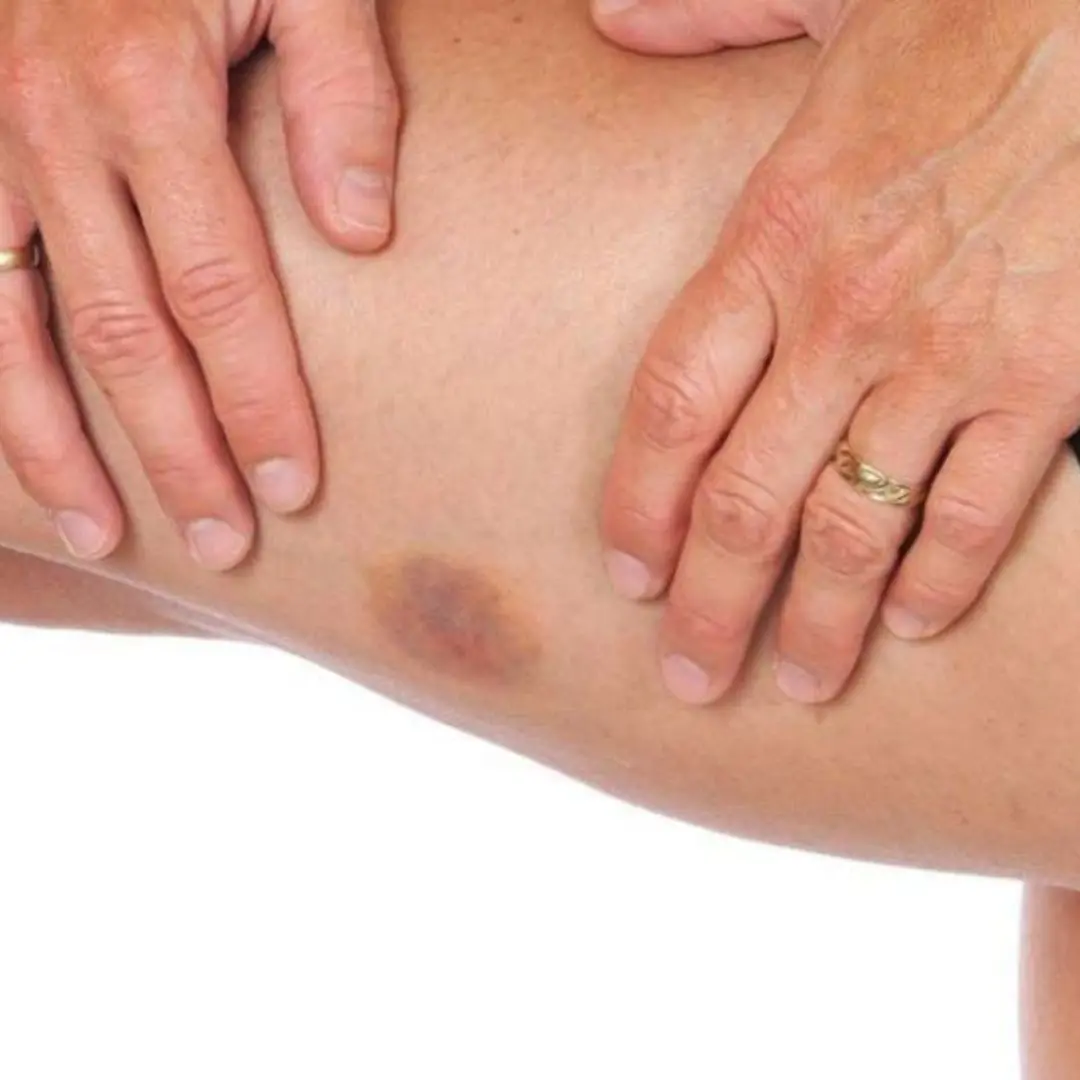
Unexplained Bruising on Your Body: Causes and Treatments

Priceless Traditional Formula That Neutralizes Venom Quickly and Effectively

These 3 Types of Fish Should Be Eaten Sparingly

4 Expert Tips to Choose Meaty, Flavorful Crabs and Avoid Getting Ripped Off

4 Types of Nuts You Should Never Eat If They've Been Sitting Around

4 signs on the body to detect high bl.o.o.d f.a.t
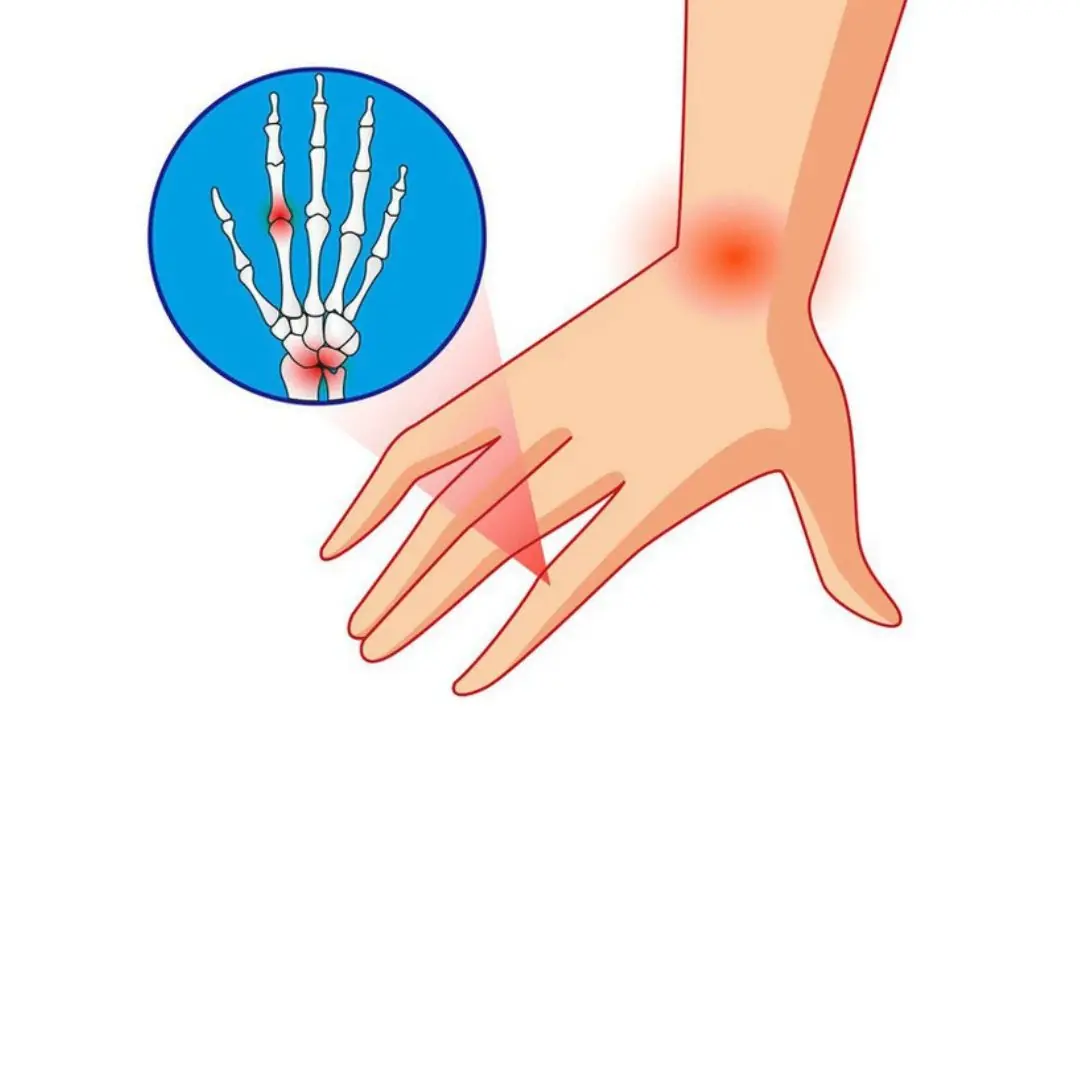
Don’t Miss These 10 Early Red Flags for Serious Health Conditions

Here’s why smart people leave a glass of water by their bed every night

Common Veggies Linked to Cancer Risk — Experts Urge Immediate Caution
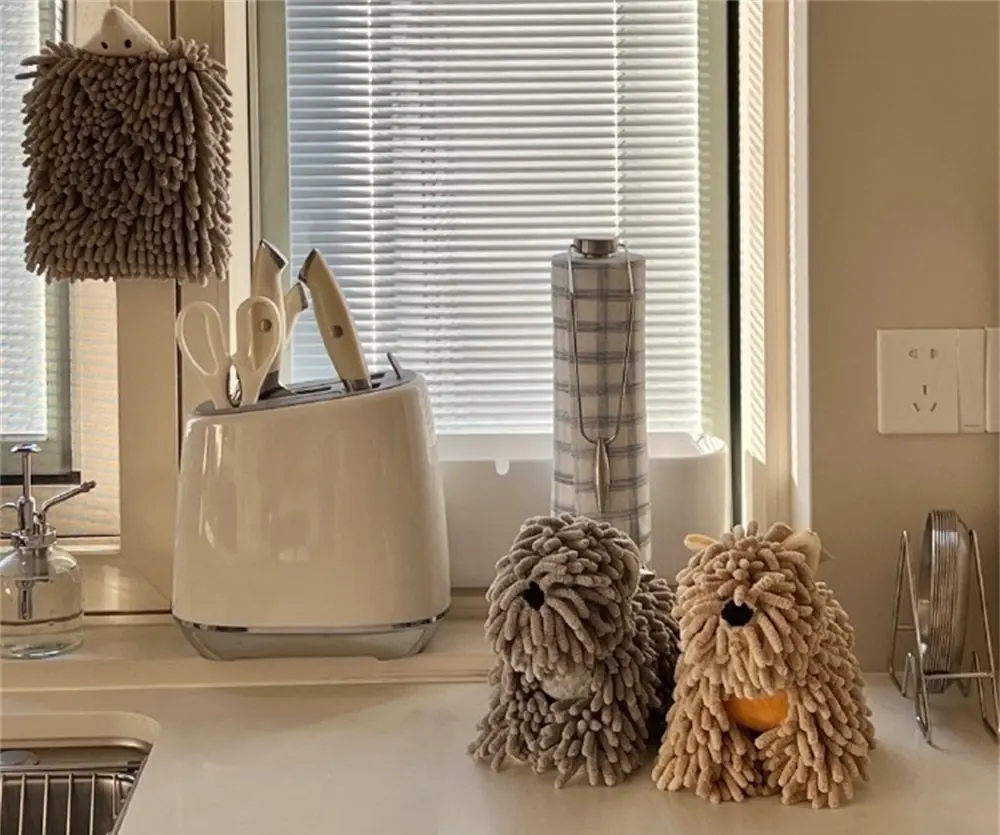
5 kitchen appliances you will regret if you don't buy soon

Hormone-injected shrimp has 4 obvious signs, no matter how cheap it is, definitely DO NOT BUY
